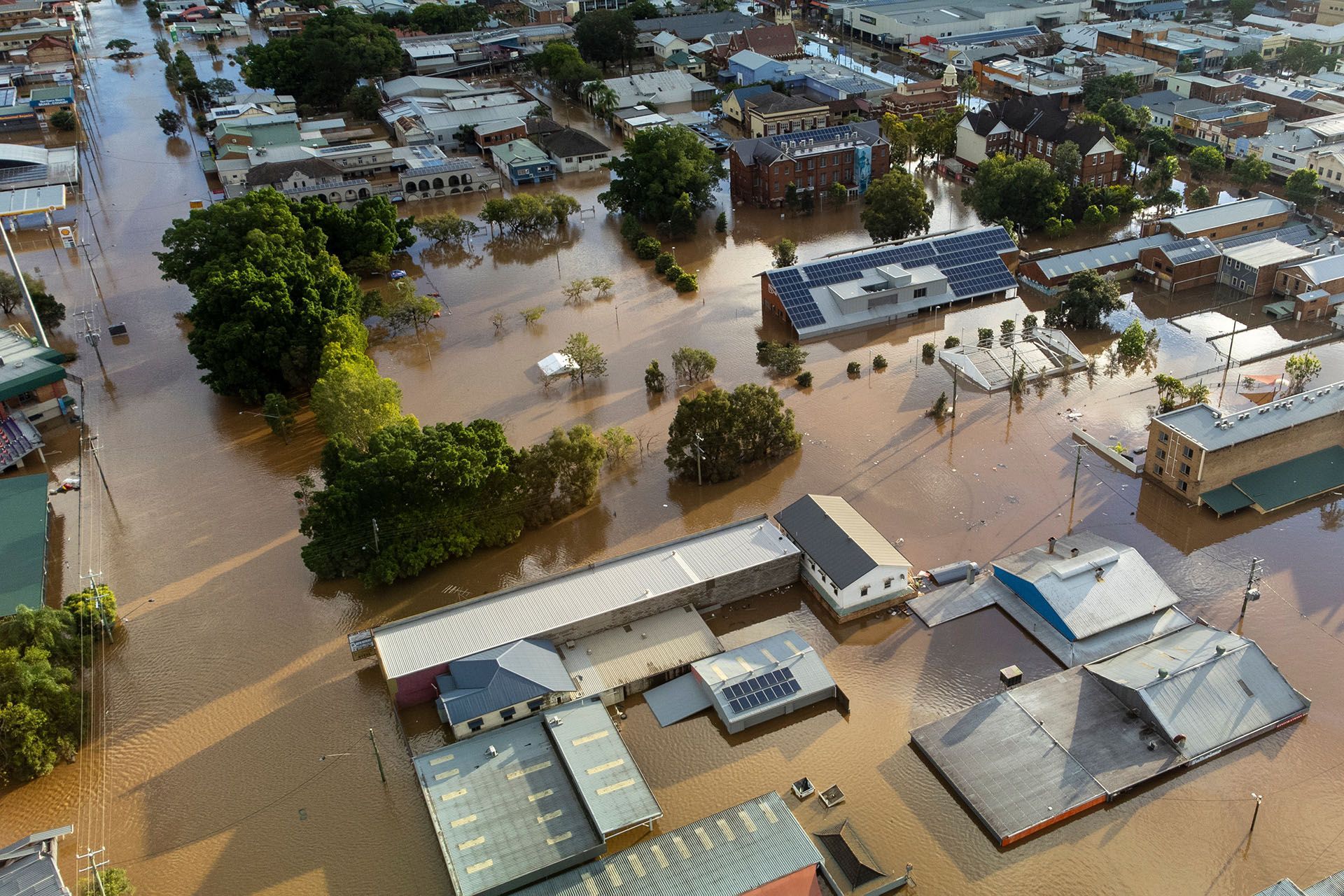What Happens To Medical Waste During A Natural Disaster?
Natural disasters are unpredictable and can severely disrupt healthcare operations, including the management of medical waste.
Every day, hospitals and healthcare facilities must ensure that medical waste does not pose risks to patients, staff, and the community. But in the wake of a natural disaster, this becomes an urgent and complex challenge. This leads to a pressing question for healthcare facilities: What happens to medical waste during a natural disaster? When hurricanes, floods or snowstorms hit, roads can become impassable – making third-party/off-site waste disposal nearly (or fully) impossible. This situation can lead to waste accumulation, increased contamination risk, and potential exposure to harmful pathogens.
Overall, the implications of improper medical waste handling are far-reaching and hospitals without a robust business continuity disaster recovery plan may find themselves unprepared. As such, healthcare facilities must incorporate an in-house hospital disaster recovery plan that ensures safe and efficient medical waste management, even in the most challenging conditions.
5 Tips To Disaster-Proof Your Hospital
1: Create a Comprehensive Business Continuity Disaster Recovery Plan
A solid hospital disaster recovery plan is the backbone of any effective response to natural disasters. This involves assessing all potential vulnerabilities in your facility's operations and finding solutions to mitigate those risks. Begin by identifying critical functions that must continue during a disaster, such as electricity, water supply, and waste management. Develop protocols for maintaining these services even in the face of infrastructure challenges. This plan should work in tandem with a broader business continuity disaster recovery plan to encompass all potential risks and mitigation strategies.
Key Elements to Include:
- Critical Functions:
- Electricity supply
- Water supply
- Waste management
- Risk Mitigation Solutions:
- Backup generators
- Alternative water sources
- Waste disposal strategies
- Service Maintenance Protocols:
- Procedures for emergency water distribution
- Power restoration
- Broader Continuity Strategies:
- Communication plans
- Staff training programs
- Community support networks
It is crucial to involve all parties in the planning process to ensure everyone understands their roles and responsibilities. Regular training sessions and drills can help keep your staff prepared.
2: Invest in On-Site Waste Management Solutions
Reducing reliance on external waste processing services is a proactive step toward disaster-proofing your hospital. On-site waste management solutions offer greater control over how medical waste is handled, especially when access to external facilities is compromised. In turn, on-site waste management solutions can improve operational efficiency and reduce liability. By managing waste internally, hospitals can prevent hazardous materials from accumulating in loading areas, thereby minimizing contamination risks. This approach also aligns with sustainability goals by reducing transportation emissions associated with off-site waste disposal.
3: Establish Partnerships with Local Authorities and Services
Collaboration with local authorities and emergency services can enhance your hospital's resilience during a disaster. Establish strong communication channels with these entities to effectively coordinate responses and resource allocation. Having a direct line to local waste management services can expedite the resolution of any issues that arise during a disaster.
Local partnerships can also facilitate access to additional resources, such as temporary storage facilities or alternative waste treatment options. Hospitals can better integrate their disaster recovery efforts into broader emergency response plans by working closely with community stakeholders.
4: Implement Advanced Waste Monitoring Systems
Advanced waste monitoring systems provide real-time insights into the status of your hospital's waste management processes. These systems can detect anomalies, such as unexpected waste build-up, and alert staff to potential issues before they escalate. By leveraging technology, hospitals can maintain oversight of their waste streams and respond more effectively during emergencies.
Automated monitoring systems can also support regulatory compliance by ensuring that all waste management activities are documented and reported accurately. This capability is particularly valuable during disasters when manual record-keeping may be challenging. Investing in these systems enhances both operational efficiency and accountability.
5: Adopt Ozone Technology for Waste Sterilization
Ozone technology offers a cutting-edge solution for disaster-proofing hospital waste management. This method harnesses the powerful oxidizing properties of ozone to sterilize medical waste, eliminating pathogens without the need for chemicals, steam, or heat. By using a proprietary Humidizone™ process, Clean Waste Systems achieves comprehensive decontamination with zero emissions and no hazardous fumes.
Ozone technology is particularly advantageous during natural disasters, as it enables hospitals to process waste safely and efficiently on-site. This means incorporating ozone technology into your disaster recovery plan can guarantee uninterrupted waste processing, regardless of what is going on outside. Explore the full benefits of ozone technology
here.
For more information on what happens to medical waste and to explore state-of-the-art waste treatment solutions, contact Clean Waste Systems today.


